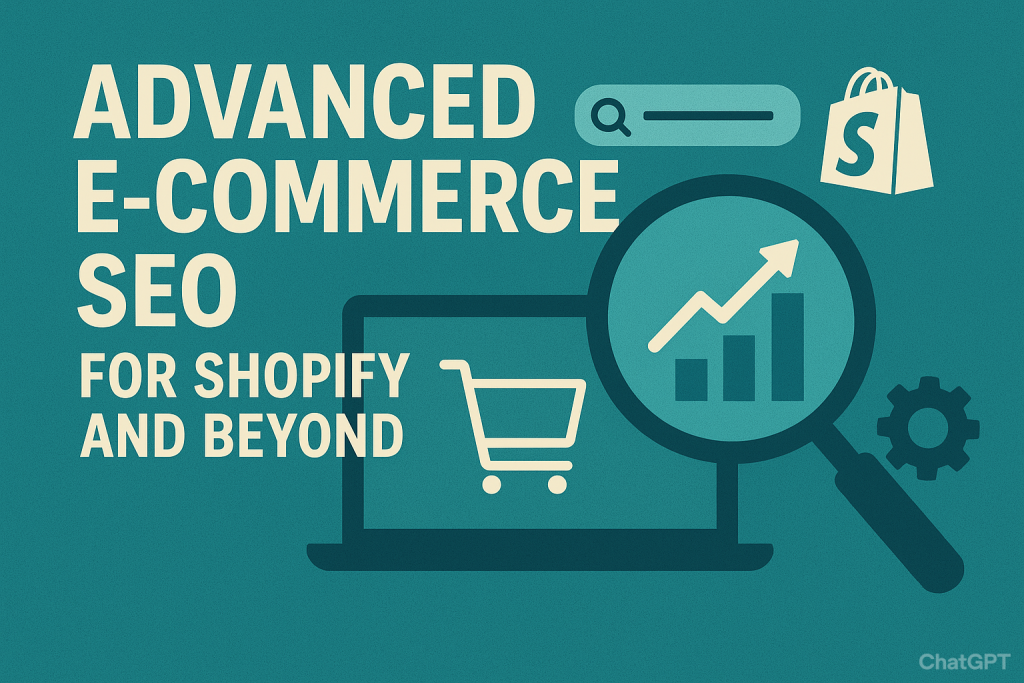
E-commerce has exploded over the past decade, but with this growth comes fierce competition. Running a Shopify store or any online shop, really requires more than just great products. If customers can’t find you, they can’t buy from you. This is where sophisticated e-commerce SEO comes into play. In 2025, optimization goes beyond merely adding keywords or pursuing backlinks. It’s about creating a unified & data-driven strategy that sets your online store apart while adjusting to constantly evolving algorithms.
Optimizing Beyond Keywords
Certainly, keywords are still important, but relying only on them appears rather outdated. Advanced SEO focuses on user intent and semantic search. This suggests that instead of concentrating only on “top running shoes,” Shopify stores now emphasize what the consumer genuinely desires: comfort, longevity, or eco-friendly materials.
Google’s algorithms are more and more focused on aligning with intent rather than solely on words. For Shopify sellers, this means that product descriptions, blog articles, and even FAQs need to go beyond just keywords and answer the actual questions customers are asking.
Technical SEO for Shopify Success
This is the section that many overlook, yet it holds significant importance: technical SEO. Shopify provides an effective clean layout right from the start, but advanced optimization requires refining aspects such as URL formats, site performance, and schema markup.
For instance, adding structured data to your product pages helps search engines display rich snippets like prices, ratings, and availability directly in results. To be truthful, users are more inclined to click on a product listing with all that helpful information presented clearly.
Content That Actually Converts
Content marketing is often misunderstood in e-commerce. It’s not only about writing blog entries; it’s about producing valuable, product-oriented content that fosters trust as well. Guides, comparison posts and even user-generated reviews all serve double duty: they improve SEO and influence buying decisions.
Think of a Shopify store selling skincare products. Instead of just saying “best face cream,” effective SEO includes crafting tutorials, skincare routines, and authentic product comparisons. Search engines love this depth, and so do readers.
Mobile-First, Always
Here’s a wake-up call: the majority of e-commerce traffic currently originates from mobile devices. If your Shopify store isn’t completely mobile-optimized, you’re missing out on potential sales. Google’s focus on mobile-first indexing increases the importance of fast loading speeds, clear navigation, and adaptable design.
Advanced e-commerce SEO ensures that the entire shopping journey from product discovery to checkout is smooth on mobile. Because honestly, if a page takes longer than three seconds to load, many users will just bounce.
Voice and Visual Search Integration
Another trend shaping advanced SEO is the rise of voice and visual search. Customers are no longer typing everything out, many are asking their smart speakers or using image-based tools to shop. For Shopify and beyond, that means product descriptions need to reflect natural, conversational language.
On the visual side, high-quality images with optimized alt text are becoming more important. Visual search technology allows users to upload a photo of something they like and find similar products. If your store isn’t optimized for this, you risk being invisible in this growing segment of search.
Leveraging AI and Personalization
AI is changing SEO in ways we’re only beginning to fully grasp. For e-commerce, this means using AI-driven tools to predict what content will resonate, what keywords are gaining traction, and even how to structure internal linking.
But the real power lies in personalization. Search engines increasingly reward websites that keep users engaged. When your store provides personalized product suggestions, customized landing pages, or responsive content, visitors tend to remain longer, which indicates value to search engines.
Beyond Shopify: Expanding the Strategy
Although Shopify leads the e-commerce sector, sophisticated SEO strategies are also relevant for other platforms, including WooCommerce, Magento and custom-designed stores. The main point is that SEO strategy must not be restricted to any specific platform. It should center on users, be guided by data and adapt to new technologies.
Ultimately, Google is not concerned with whether you use Shopify or another platform; its main focus is on whether your site provides the optimal experience for the searcher.
Conclusion
In 2025, advanced e-commerce SEO focuses less on outdated tactics and more on creating valuable, user-centered experiences. For Shopify merchants and beyond, success comes from a combination of semantic optimization, technical precision, rich content, mobile readiness, and forward-looking approaches like voice and visual search.
The aim is straightforward: ensure your online shop is easy to locate, pleasant to navigate, and hard to overlook. Because let’s face it, in a crowded marketplace, good SEO isn’t just about rankings but it’s about survival and growth.
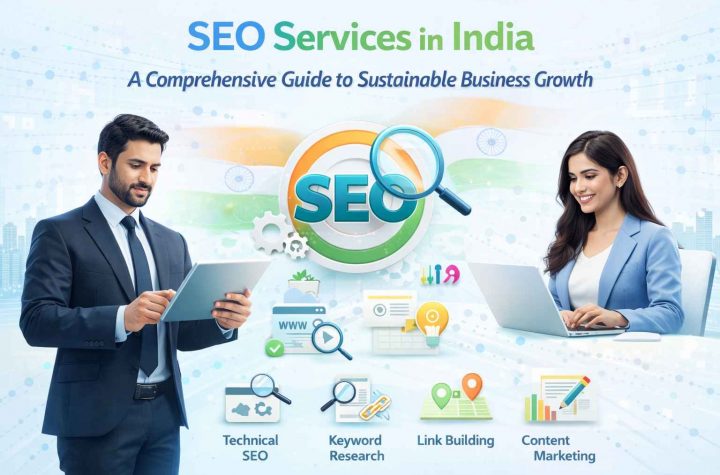
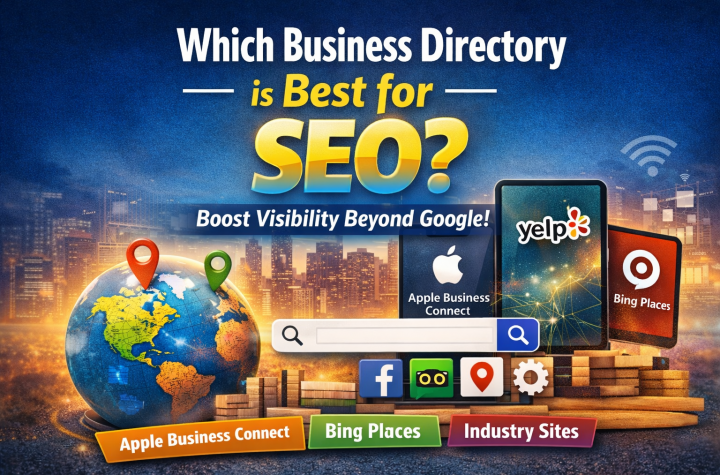
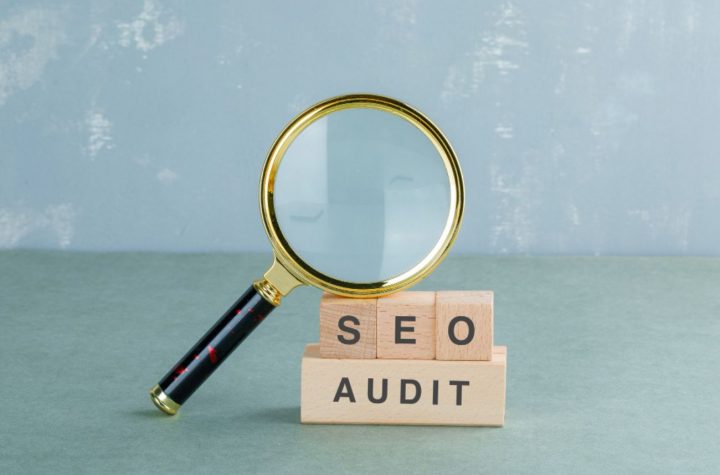
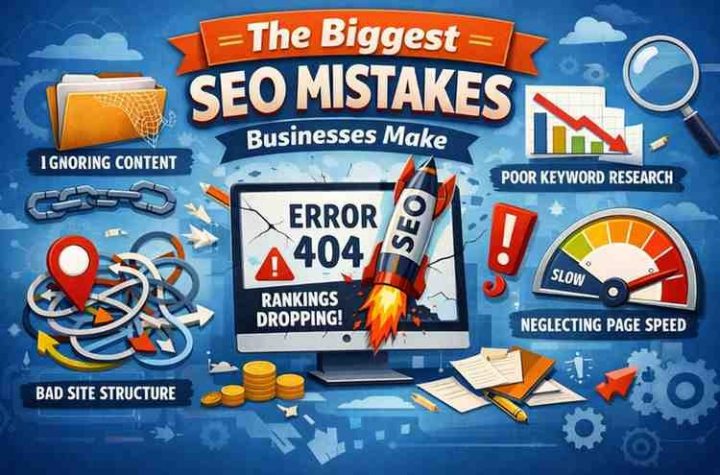
More Stories
SEO Services in India: A Comprehensive Guide to Sustainable Business Growth
Which business directory is best for SEO?
Types of SEO: What Every Business Should Know